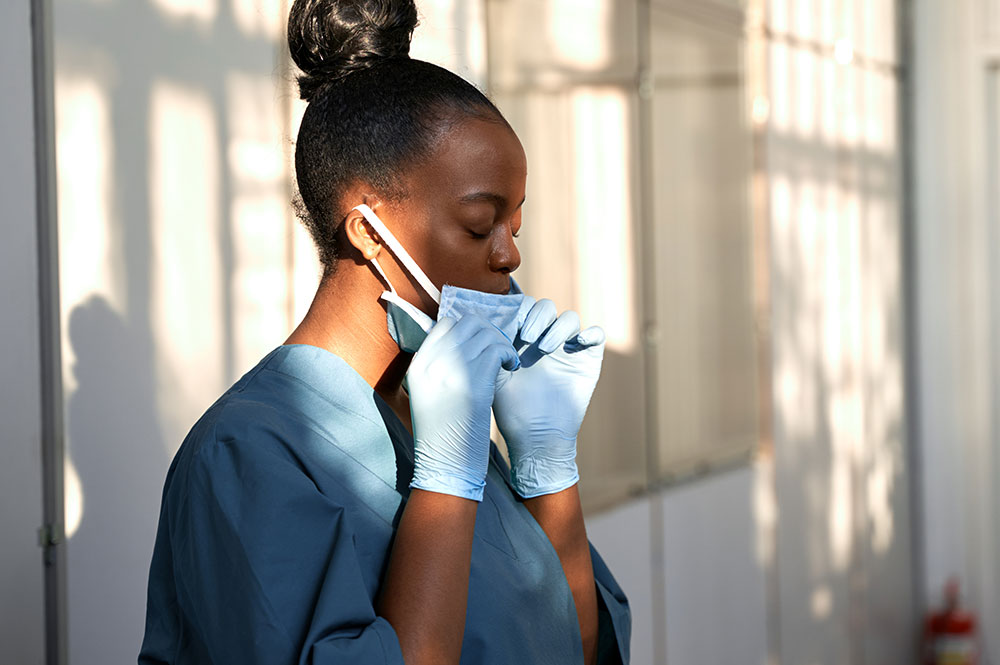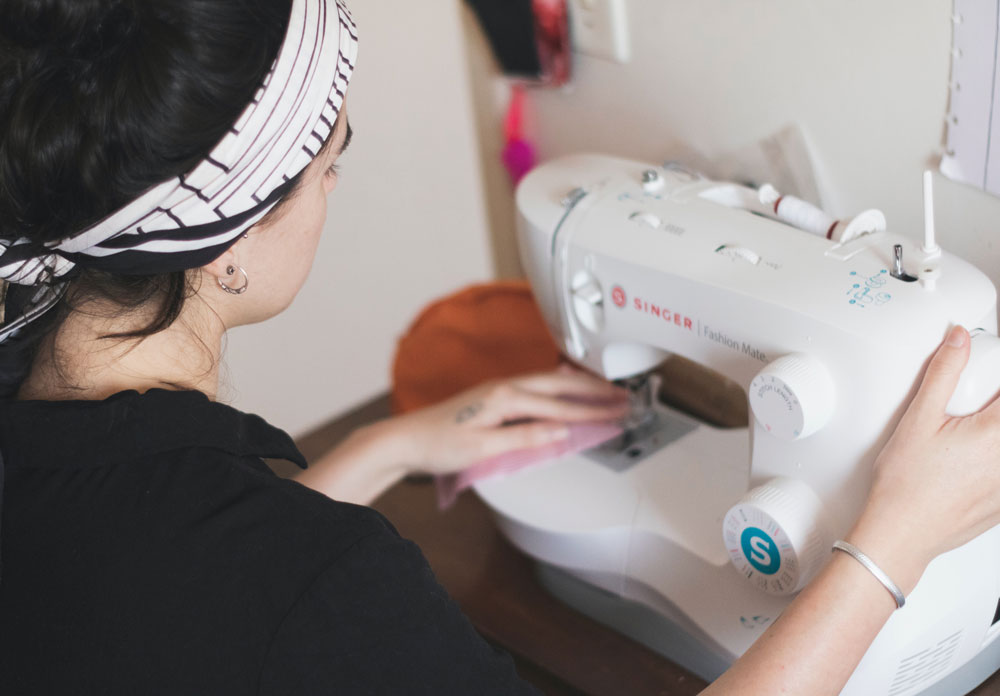New approaches
Shifting gears

All over the world, the COVID-19 pandemic has hit society like a bolt from the blue. Beyond the serious health risks, people have struggled with lockdowns, curfews and other restrictions to everyday life. For some communities, however, the impact is amplified by existing economic hardship or social tensions: regular handwashing is easier said than done in areas where water supply is limited and communicating public health messages is an uphill battle where trust in government is low. For Preventing and Countering Violent Extremism (P/CVE) work, the pandemic poses a particular set of challenges, as both the disease and the measures to stop its spread can exacerbate drivers of violent extremism – reducing social cohesion, restricting access to economic opportunities, and impacting mental wellbeing.
EU-funded P/CVE projects are designed with built-in flexibility and the agility to respond to changing circumstances.
While the COVID crisis may be unparalleled in many ways, it is just one example of how unforeseen events can throw the best-laid plans off course. And in those parts of the world combatting the threat of VE, preparing to expect the unexpected is par for the course given the dynamic, ever-evolving nature of the challenge at hand. This is why EU-funded P/CVE projects are designed with built-in flexibility and the agility to respond to changing circumstances.
To see this agility at work during the unprecedented upheaval of the COVID pandemic, look no further than the Jeunes Ambassadeurs (JA) in Burkina Faso. One successful JA initiative has been the ‘Mobile Journalisme’ (MOJO) project to train local youth in video production, with the aim of giving a voice to people from all backgrounds while sharing messages of peace and social cohesion. Previously, the young filmmakers had produced documentaries on VE in their region, screened for other young people to raise awareness and promote discussions. Once COVID-19 hit the area, however, they wasted no time in finding ways to contribute their skills to help local efforts to combat the virus.

The pandemic has had a major impact on daily life in Burkina Faso, and local NGOs have had to adapt as lockdowns put a halt to training programmes and school activities. Yet their links with local communities also puts them in an ideal position to raise awareness. Working with regional health authorities, the JA identified key messages about COVID and how people can protect themselves from infection. Then the MOJO filmmakers got to work. Collaborating with community figures, they created videos to spread the word and show good practices – such as how a village beer seller learned to apply protective measures to her business.
In addition to providing valuable information, the videos also gave local people a voice on this key issue, helping them become part of the solution. As MOJO filmmaker Yoanli Yemeoido explains: “People reach out to us because their voices don’t go very far. They don’t have the opportunity to express themselves and they feel this is important at this time.” The videos were shared widely in the community via Facebook and WhatsApp. “People say ‘that’s where we’re from, that’s our daily life’,” points out Whali Jean Silvanu, JA programme coordinator. “When we see that it comes from our community and when people feel a part of it, the videos have more of an impact.”
“When we see that it comes from our community and when people feel a part of it, the videos have more of an impact.”
Zooming in on GCERF grantees in Kosovo, for instance, one local woman had received funding for her textile business from a small business training programme. Once COVID hit, she shifted her business model to start making face masks – creating an online tutorial on how to sew a mask and selling or donating to healthcare workers the masks she produced herself. Another project promoting social cohesion in Kosovan schools had been supporting reintegration of returned foreign terrorist fighters and their families, developing educational curricula for children returning from Syria and Iraq. The arrival of COVID meant the children could no longer go to school, disrupting the stability and continuity so vital for young people affected by trauma. By repurposing the funding, however, the NGO was able to adapt the curriculum and provide the students with tablets so they could continue their schooling at home. A small step achieved thanks to funding flexibility – one that makes a big difference in supporting a vulnerable child through an uncertain time.